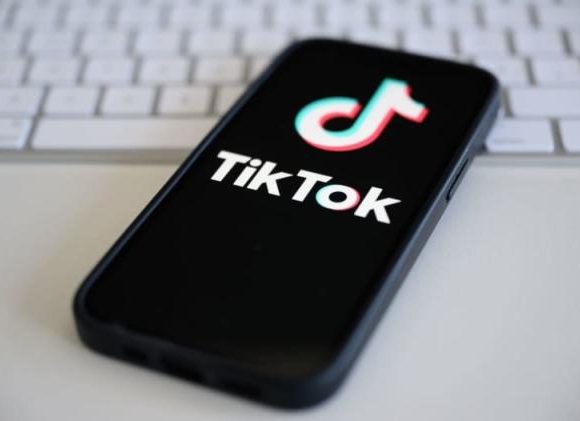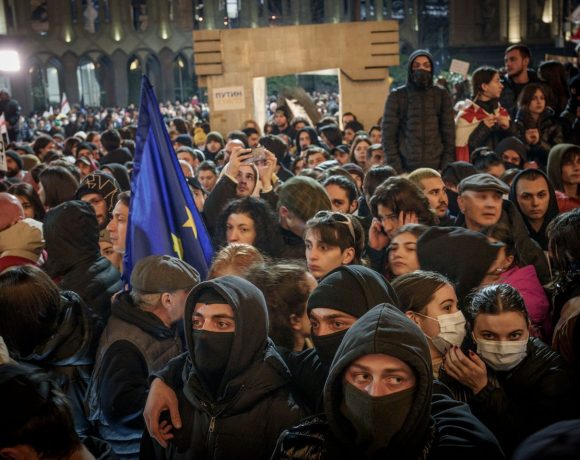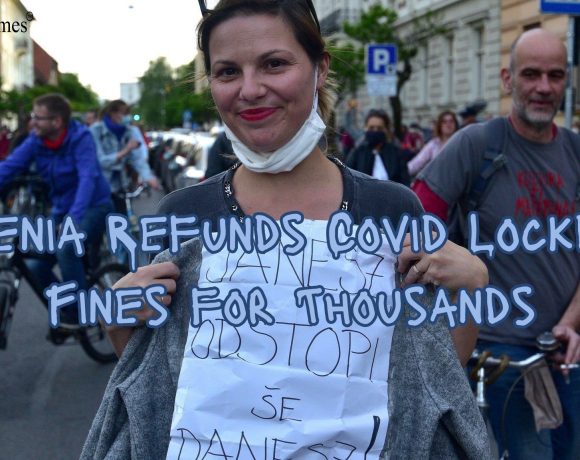
ByteDance’s TikTok has agreed to permanently discontinue its TikTok Lite rewards program in the EU to comply with the bloc’s Digital Services Act (DSA), according to a statement from the European Commission on Monday.
The TikTok Lite app includes a “Reward Programme” that allows users to accumulate points by completing various tasks on the platform, such as watching videos, liking content, following creators, or inviting friends to join.
In April, the EU requested an immediate risk assessment from TikTok following the app’s launch in France and Spain, citing concerns about its potential effects on children and users’ mental health.
Under the DSA, major online platforms are required to report potential risks associated with new features to the EU prior to their launch and must implement effective measures to mitigate these risks.
The EU’s executive branch noted that TikTok has made legally binding commitments to withdraw the rewards program from the EU and not to introduce any alternative programs that could circumvent this decision. Any violation of these commitments would constitute a breach of the DSA and could result in fines, the commission stated.
Additionally, an ongoing investigation is looking into whether TikTok has violated online content regulations designed to protect children and ensure transparent advertising. This investigation began in February and could expose the platform to significant fines.
Picture Courtesy: Google/images are subject to copyright






